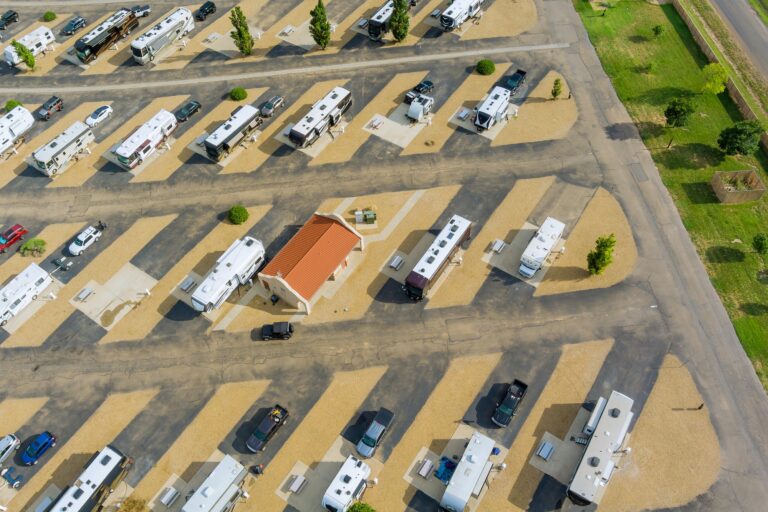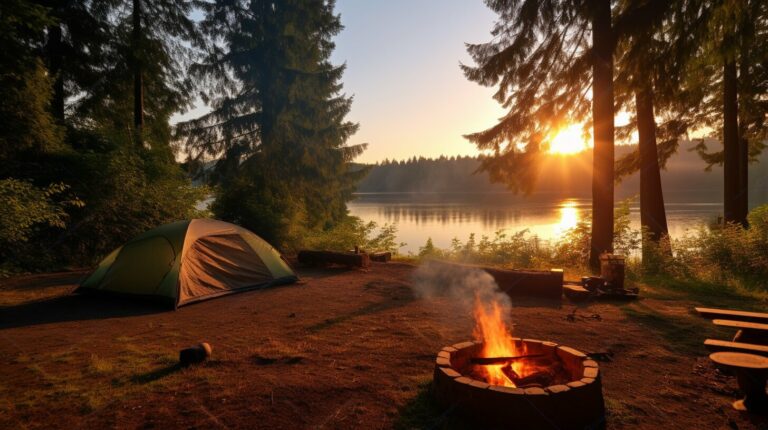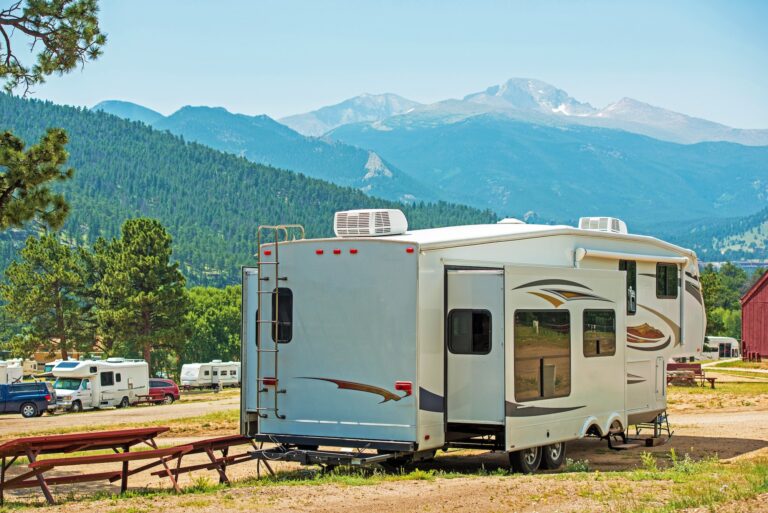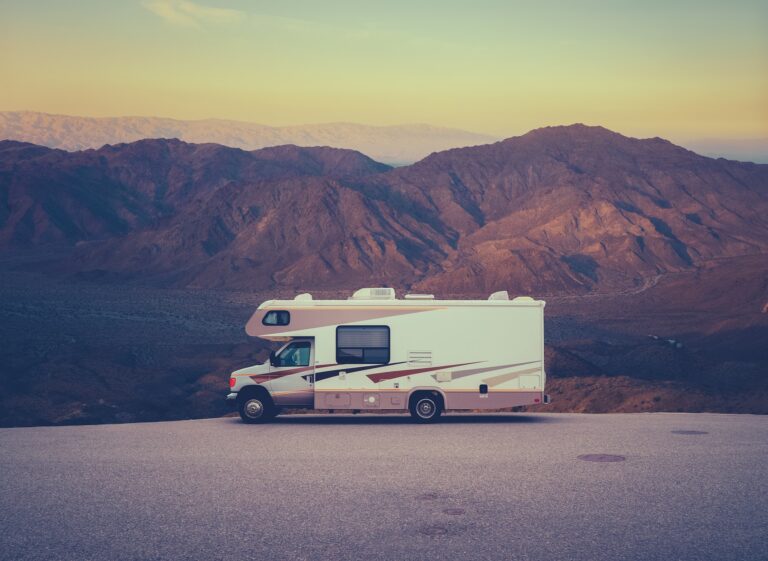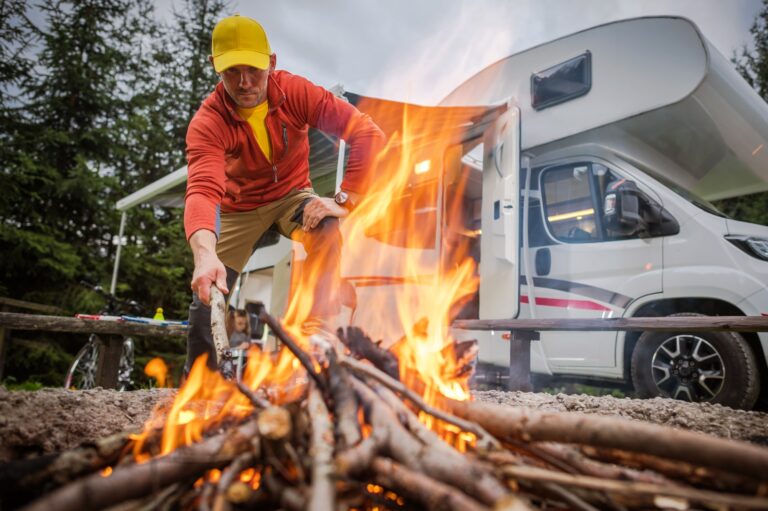Boondocking, also known as dry camping or wild camping, is a unique and exhilarating way for RVers to experience the great outdoors. By venturing off the beaten path and setting up camp away from traditional campgrounds, you can enjoy the tranquility and beauty of nature without the noise and crowds. However, boondocking presents its own set of challenges, as it requires campers to be self-sufficient and resourceful. In this comprehensive guide, we will explore essential tips and tricks for successful and enjoyable boondocking adventures.
1. Understand Boondocking Basics and Regulations
Boondocking is not the same as staying in a designated campground or RV park, and as such, it’s crucial to understand the basics and regulations associated with this unique style of camping.
Key points to remember:
- Boondocking generally refers to camping on public lands, such as Bureau of Land Management (BLM) areas, national forests, and wildlife management areas, where you can camp for free without hookups or amenities.
- Some boondocking locations may have restrictions on camping durations, typically ranging from 14 to 30 days.
- Always research the specific regulations and guidelines for your chosen boondocking location before setting up camp.
- Practice Leave No Trace principles and be a responsible camper by minimizing your impact on the environment and respecting the land and wildlife.
- Familiarize yourself with local fire restrictions and guidelines to ensure you’re following safe and legal practices.
2. Choose the Right Boondocking Location
Finding the perfect boondocking spot takes research and planning, but the reward is a tranquil and scenic campsite that you can enjoy without the crowds.
Tips for choosing a boondocking location:
- Utilize online resources, such as forums, blogs, and mapping applications, to find popular boondocking spots and gather recommendations from fellow RVers.
- Look for level, well-draining ground to park your RV and avoid low-lying areas that may be prone to flooding or becoming muddy during wet weather.
- Consider accessibility and road conditions when choosing your location, as some boondocking spots may require high-clearance or four-wheel-drive vehicles to reach.
- Seek out locations with natural features such as trees or hills for added privacy, shade, and wind protection.
- Scout out potential spots during daylight hours to ensure you have enough time to set up camp and familiarize yourself with the area before dark.
3. Prepare Your RV for Off-the-Grid Camping
Successful boondocking requires a self-sufficient and well-prepared RV to ensure you have the necessary resources and amenities for a comfortable stay.
Essential RV preparations for boondocking:
- Invest in a reliable solar power system or generator to provide electricity without access to shore power.
- Conserve water by installing a high-capacity freshwater tank and utilizing water-saving fixtures, such as low-flow showerheads and faucets.
- Plan for waste disposal by equipping your RV with a portable waste tank or composting toilet.
- Optimize your RV’s insulation and ventilation to maintain a comfortable interior temperature without relying on air conditioning or heating systems.
- Enhance your RV’s security measures by installing locks, alarms, or motion-sensor lighting to protect your belongings and deter potential intruders.
4. Conserve Resources and Practice Sustainable Boondocking
Boondocking requires RVers to be mindful of their resource consumption and minimize their impact on the environment.
Tips for conserving resources and practicing sustainable boondocking:
- Monitor your water usage and conserve water by using biodegradable soap, taking short showers, and washing dishes in a basin.
- Utilize energy-efficient appliances and LED lighting to minimize your electricity consumption.
- Properly manage and dispose of waste by using biodegradable trash bags, recycling whenever possible, and adhering to Leave No Trace principles.
- Use a refillable propane tank for cooking and heating to reduce waste and save money.
- Opt for reusable dishes, utensils, and containers instead of disposable items to minimize your environmental impact and reduce waste.
5. Stay Safe and Connected While Boondocking
Boondocking often means camping in remote locations without access to immediate assistance or amenities, making safety and connectivity paramount.
Tips for staying safe and connected while boondocking:
- Research local wildlife and familiarize yourself with any potential hazards or precautions to take, such as bear safety or snake awareness.
- Keep a well-stocked first aid kit and emergency supplies in your RV, including a fire extinguisher, flashlights, and extra batteries.
- Invest in a satellite phone, two-way radio, or cell phone signal booster to maintain communication with the outside world in case of emergencies or for general connectivity.
- Inform someone of your travel plans, including your intended boondocking location and the duration of your stay, in case of emergencies.
- Maintain situational awareness and trust your instincts when choosinga boondocking location; if something feels off or unsafe, move on to another spot.
6. Be a Good Boondocking Neighbor
Respect and consideration for fellow boondockers and the environment are crucial to maintaining harmonious relationships and preserving the beauty of boondocking locations.
Tips for being a good boondocking neighbor:
- Keep noise levels to a minimum, especially during early morning and late evening hours, to avoid disturbing other boondockers or wildlife.
- Maintain a respectful distance from other campers to provide privacy and prevent overcrowding.
- Follow local regulations and guidelines for campfires and avoid burning trash or debris that could create noxious odors or air pollution.
- Keep your campsite clean and free of litter, and always pack out what you pack in to preserve the natural environment.
- Share your favorite boondocking locations, tips, and experiences with other RVers, but be mindful not to publicize sensitive or vulnerable areas that could be negatively impacted by increased visitation.
7. Plan for Entertainment and Activities
Boondocking offers a plethora of opportunities for outdoor recreation and leisurely pursuits that can enhance your camping experience.
Ideas for boondocking entertainment and activities:
- Explore your surroundings by hiking, mountain biking, or horseback riding on nearby trails.
- Bring along a kayak, paddleboard, or fishing gear to enjoy nearby bodies of water.
- Practice photography or painting to capture the beauty of your boondocking location.
- Bring along a telescope for stargazing, as remote boondocking locations often offer minimal light pollution and spectacular night skies.
- Bring board games, books, or portable musical instruments for evening entertainment or to pass the time during inclement weather.
8. Prepare for the Unexpected
Boondocking can present unexpected challenges and obstacles, so it’s essential to be prepared and adaptable to ensure a smooth and enjoyable experience.
Tips for preparing for the unexpected while boondocking:
- Monitor weather forecasts and be prepared for sudden changes in conditions, such as rain, snow, or high winds.
- Carry spare parts and tools for your RV, as well as basic knowledge of how to perform minor repairs and maintenance.
- Store extra food, water, and fuel in case your stay is extended due to unforeseen circumstances, such as vehicle breakdowns or inclement weather.
- Keep a list of emergency contacts and know the location of the nearest hospital or medical facility, just in case.
- Always have contingency plans and alternate boondocking locations in mind should your original destination be inaccessible or unsuitable.
Conclusion
Boondocking offers RVers the opportunity to experience the beauty and tranquility of nature, away from the hustle and bustle of traditional campgrounds. By understanding the basics and regulations, choosing the right location, preparing your RV, conserving resources, staying safe, being a good neighbor, planning for entertainment, and preparing for the unexpected, you can fully embrace off-the-grid camping and create unforgettable memories. So, pack your bags, hit the road, and enjoy the freedom and adventure that boondocking has to offer.


